
As women, we are often the caregivers. We play a crucial role in maintaining our family’s health - sometimes at the sacrifice of our own health and wellbeing. But we can’t take care of others if we aren’t in good shape ourselves. So, in the spirit of Women's Health Week, here’s a reminder that caring for yourself is just as important as caring for your friends and loved ones.
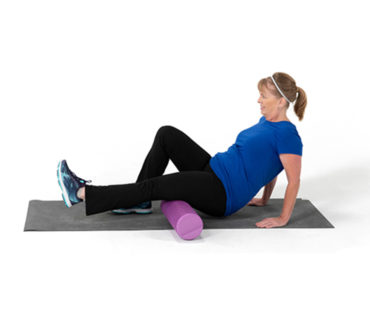
One of the trends in fitness right now is Foam Rolling. But do you really know what foam rolling is, or how and why you should do it? Foam rolling is a technique used to deliver Self-Myofascial Release (SMR) or a self-delivered deep tissue massage. Much like a deep tissue massage, the purpose of foam rolling is to release tight spots or knots within the muscles to help you improve your range of motion and muscle performance, and overall, just feel better.
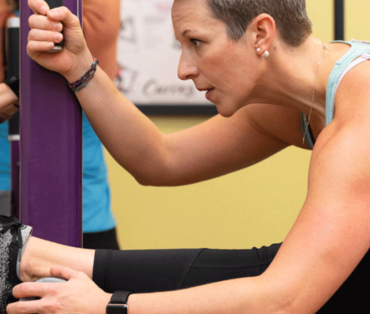
No matter what our jobs or lifestyles, so many of us spend countless hours hunched over a desk or phone—working, texting friends, or reading the news. This unnatural position puts back and neck muscles at risk for injury and fatigue. That, in combination with the stress of daily life, is the perfect storm for bad posture and back and neck pain.
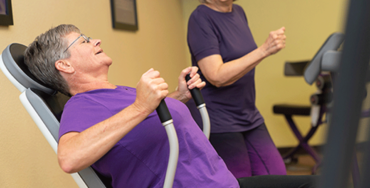
In the health and fitness arena, we often hear about achieving a “healthy weight.” You may immediately assume a healthy weight means as low as you can go, but this isn’t always the case. For optimum health, you must go with the Goldilocks rule: Not too heavy, not too light, just right.
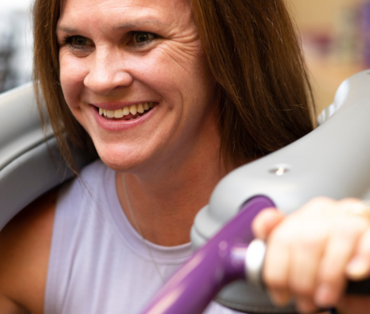
In women of childbearing age, each month, the uterus lining builds and then sheds during the menstrual period. For about 11 percent of women between the ages of 15 and 44, the lining goes haywire and grows outside the uterus—a condition called endometriosis.
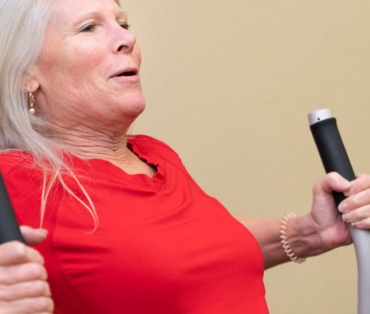
As women, we are strong in so many ways, but unfortunately, more of us get Alzheimer’s Disease than do men. In fact, women are twice as likely to develop Alzheimer’s disease in their 60s as they are to get breast cancer, and nearly two out of three people living with Alzheimer’s Disease are female.
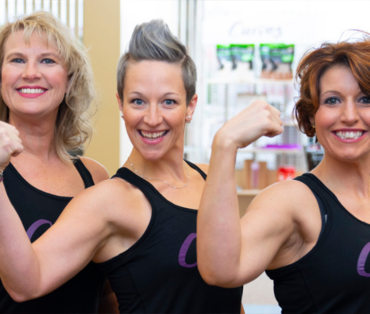
The average household scale only tells you your total body mass. The problem with this is that it’s just one data point about your health - it’s not the entire story! Body mass can change due to a variety of factors. Most importantly, weight loss or weight gain doesn’t always reflect real health and fitness progress.
This website uses cookies to enhance user experience and to analyze performance and traffic on our website. We also share information about your use of our site with our social media, advertising, and analytics partners. By using this site, you agree to our Privacy Policy and our Terms & Conditions.